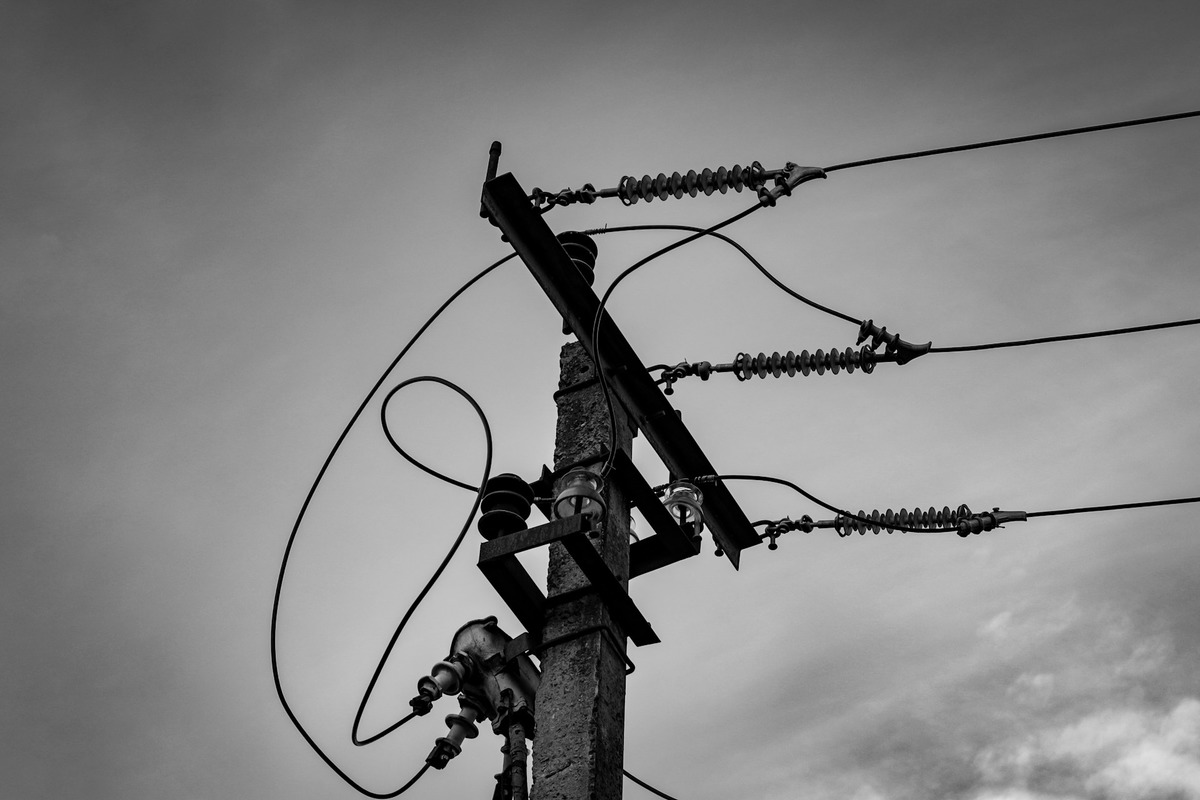As temperatures soared in Chicago’s Northwest Side, specifically in the Belmont Cragin neighborhood, residents suffered a power outage that exacerbated the sweltering conditions indoors. According to WGN-TV, the power loss left thousands without air conditioning through a night that struggled to see temperatures drop below the eighties. Facing what has been forecasted as potentially the hottest day of the year, the evening’s outage came as an unwelcome prelude to Thursday’s scorching heat.
Despite the restoration efforts, which saw nearly all power returned by Thursday morning, the struggle against the heat was far from over. With the outage occurring in an area already under a Heat Advisory, the discomfort for those who stumbled in the neighborhood was palpable. Some residents, battling the heat which had become almost a presence in their homes, escaped to their vehicles, searching for the cool respite of air conditioning – as noted by resident Ana Silva, who told WGN-TV, “There’s a few cars with their lights on and stuff, so we do think that they are in their cars with the ACs on, just trying to survive this heat.”
The cause of the power outage was attributed to a transformer failure near Diversey and Cicero, prompting the deployment of ComEd crews through the night to address the issue. As confirmed by CBS News Chicago, power was successfully restored to customers by 5:30 a.m. Thursday. With oppressive humidity complementing high temperatures, the outage underscored the vulnerability of city infrastructure to extreme weather.
For those seeking relief from the ongoing oppressive heat, Chicago and Cook County’s cooling centers—opening starting at 9 a.m. and free to the public—offer a sanctuary. Despite power largely being restored, many will seek these havens as the day’s mercury is expected to rise even further, reinforcing the importance of such services amidst increasingly common weather extremes. As one neighbor, enveloped by the heat only moments after the lights went out, told CBS News Chicago, residents must reconcile with these trying times, each one offering another round in learning how to endure and adapt to the rigors imposed by a climate in flux.


